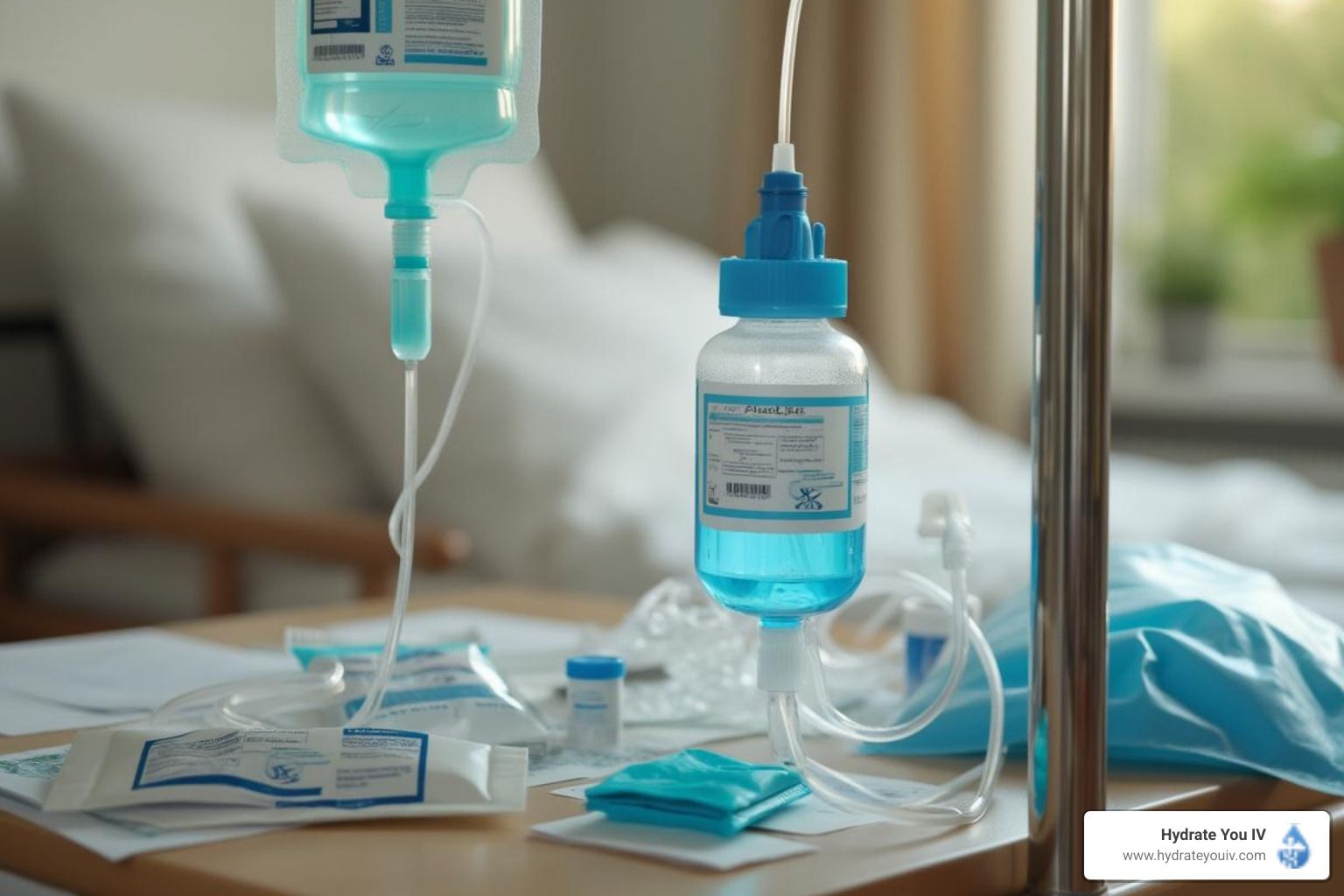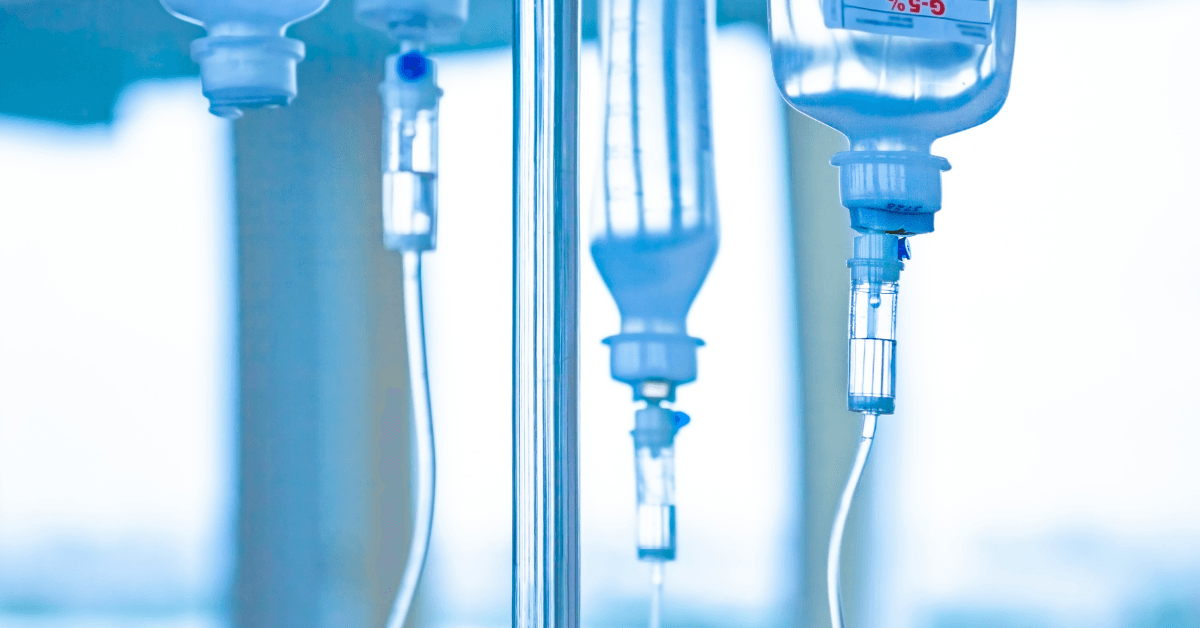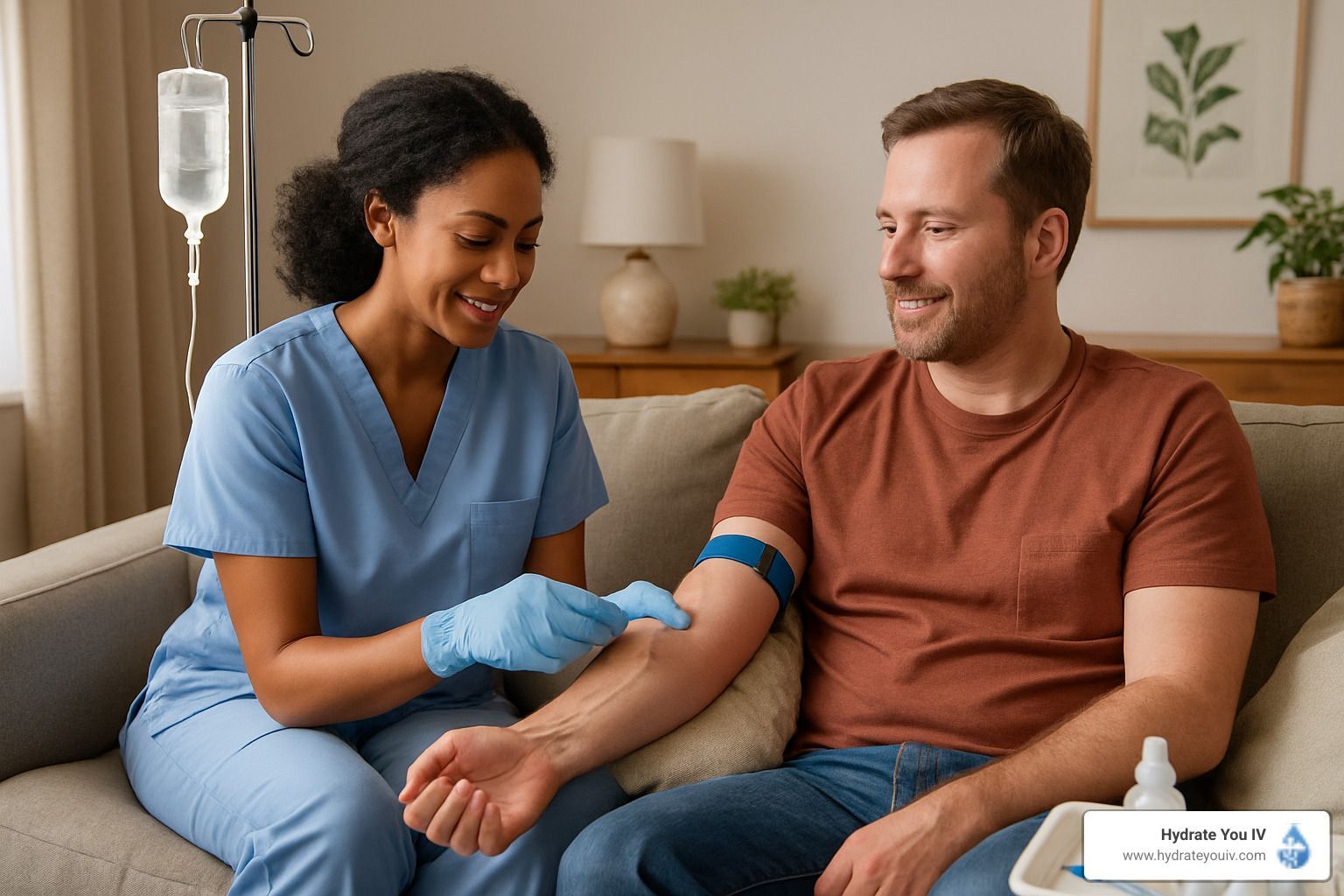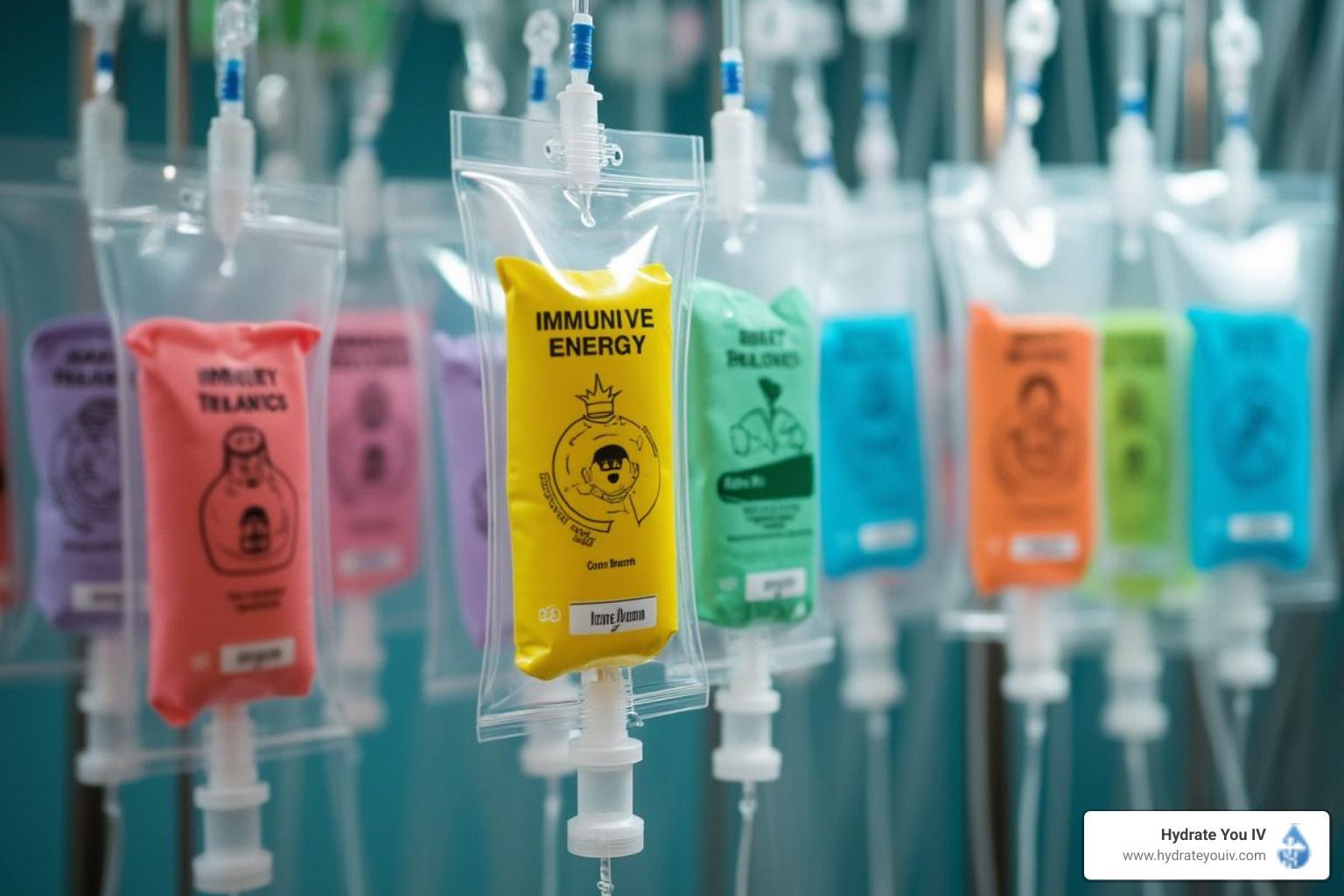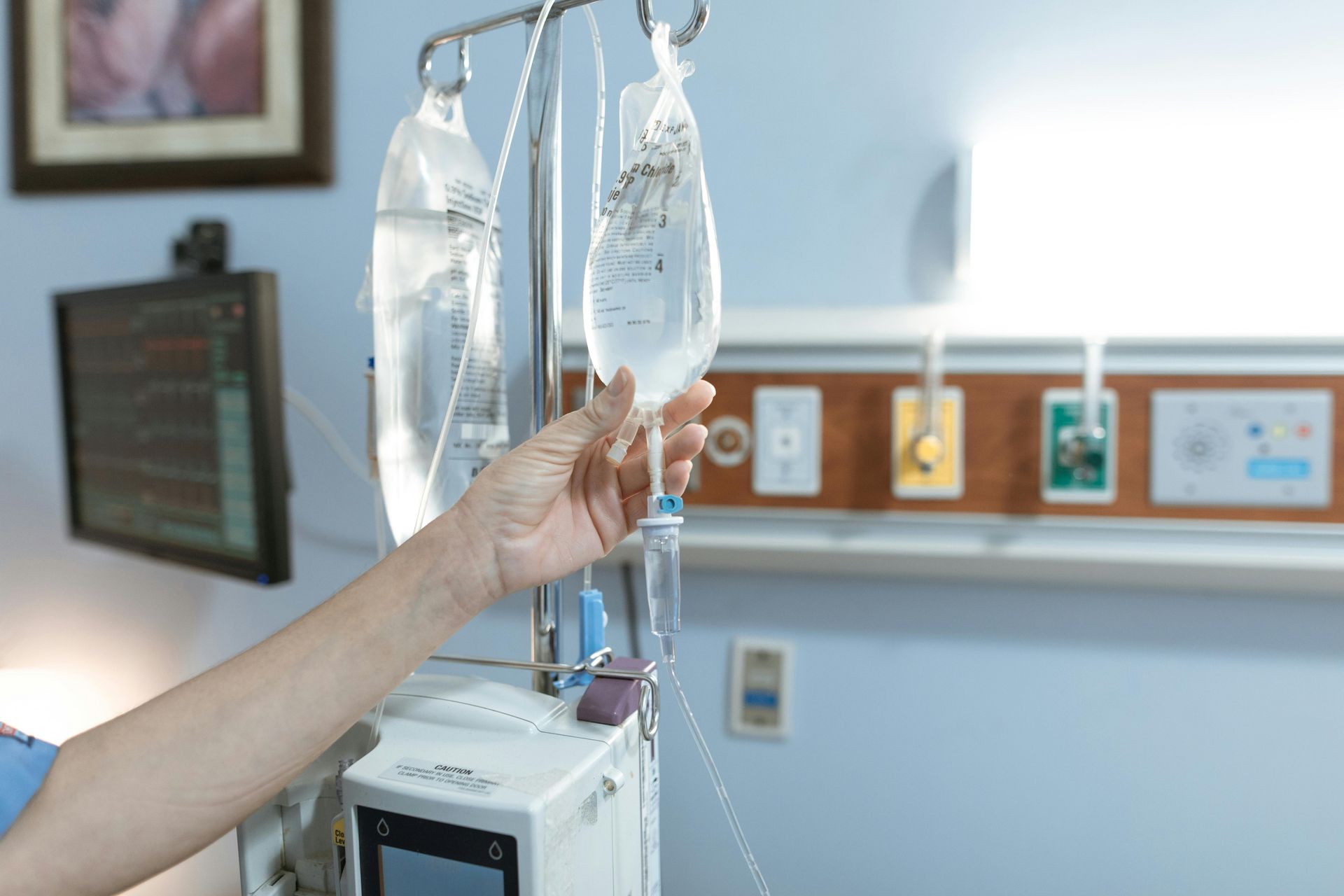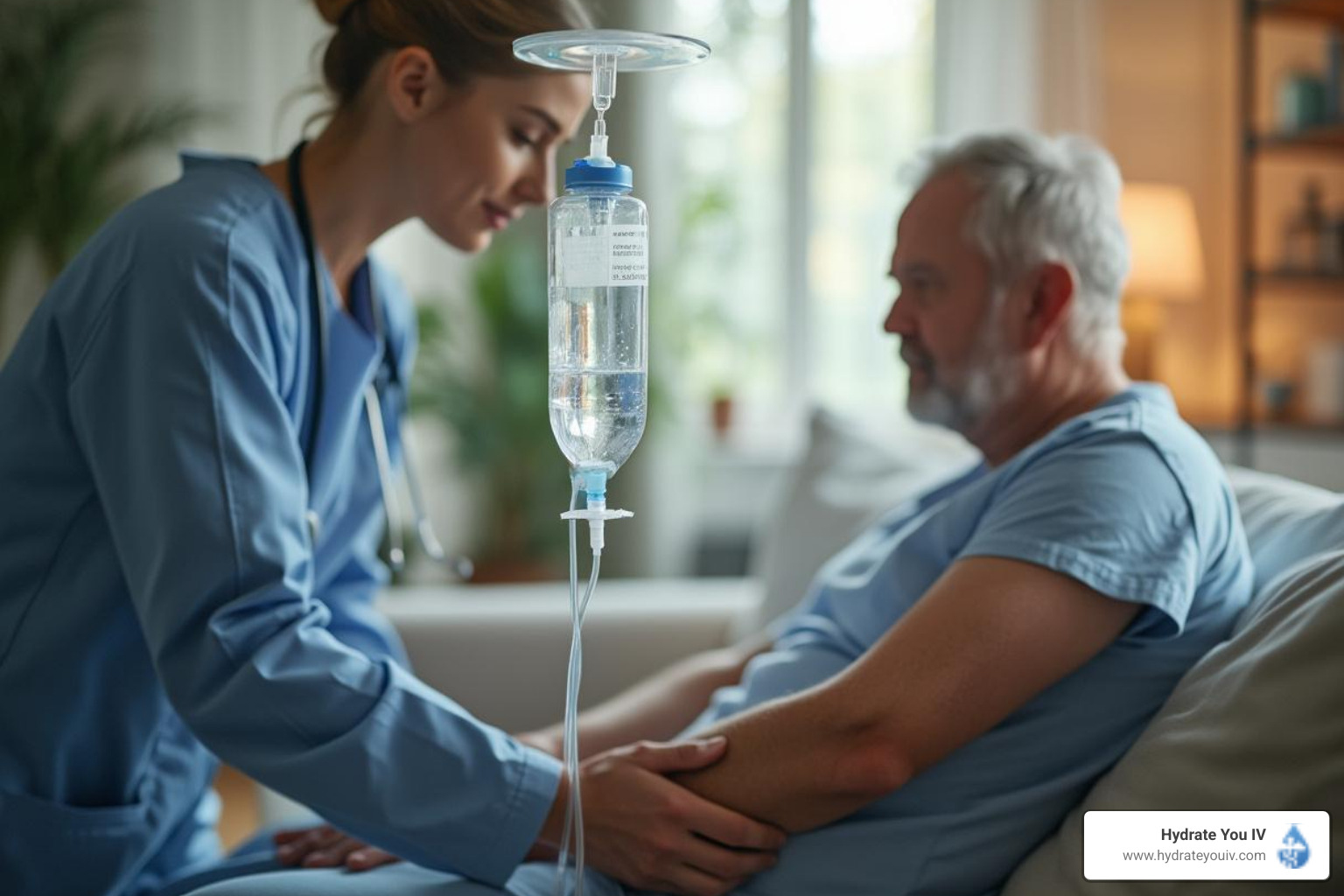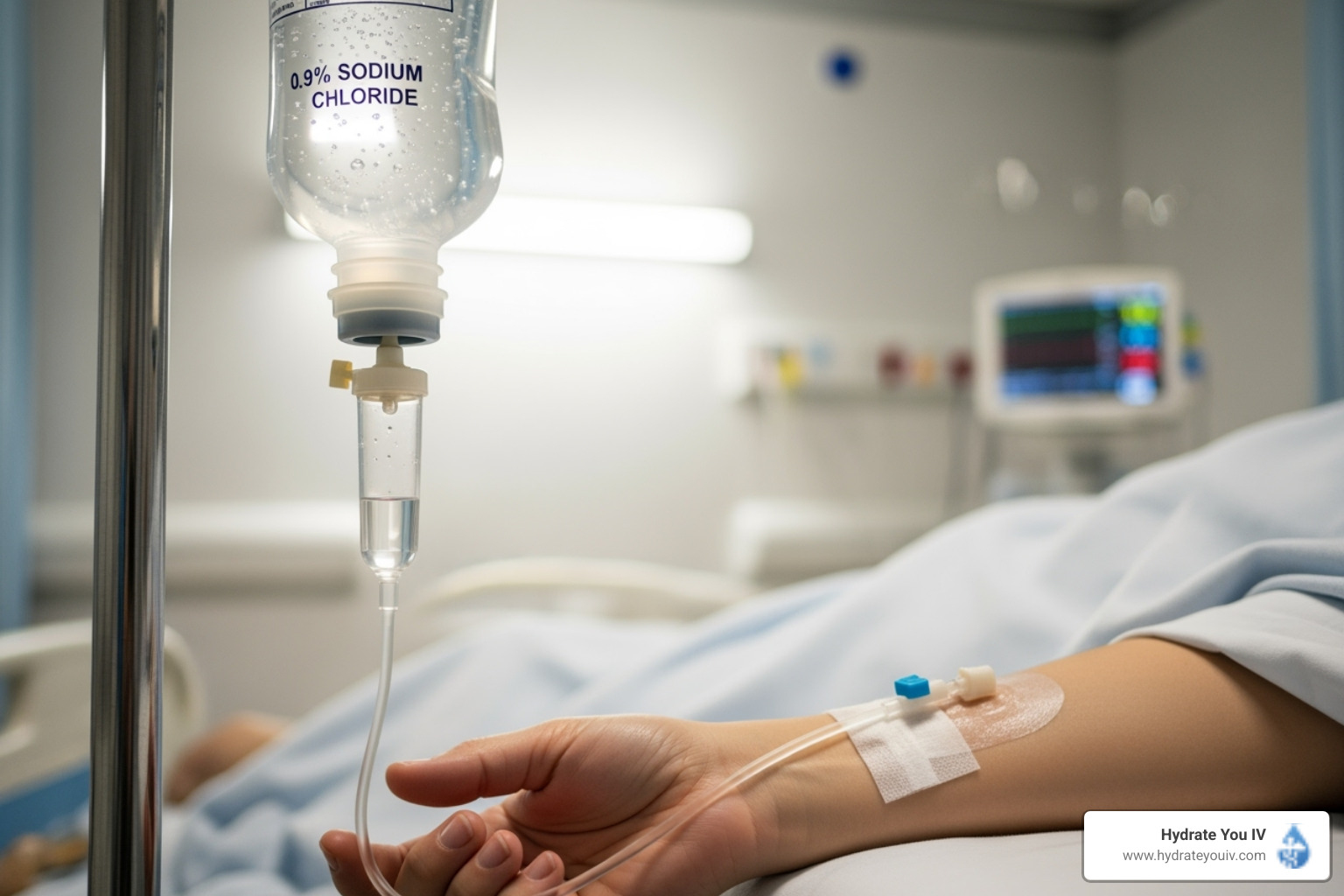Hangover IV Therapy for Rapid Recovery in Oklahoma City
Rejuvenate After a Night Out in Oklahoma: Effective Hangover IV Therapy Solutions

After a fun night out enjoying vibrant nightlife in Oklahoma, the aftermath can often leave one feeling less than stellar. The discomfort of a hangover can sometimes overshadow the joyous memories made. Fortunately, modern science offers effective solutions, such as IV therapy, that can help you feel revitalized and ready to take on your day. This article delves into the various aspects of hangovers and how IV therapy can serve as an effective remedy.
Understanding Hangover: Causes and Symptoms
The Science Behind Hangovers
A hangover is primarily caused by the consumption of alcohol, which affects the body's normal balance of fluids and electrolytes. When you drink, ethanol—the active component in alcoholic beverages—causes a diuretic effect, leading to increased urination and dehydration. The body also reacts to alcohol’s toxic effects by releasing inflammatory substances, which can contribute to the malaise experienced during a hangover.
Furthermore, as the body metabolizes alcohol, it produces acetaldehyde, a toxic compound that leads to many of the unpleasant symptoms associated with hangovers. Recovery can be a long and uncomfortable process if not addressed promptly. In addition to dehydration, alcohol consumption can disrupt sleep patterns, leading to a lack of restorative sleep, which exacerbates feelings of fatigue and irritability the next day. Moreover, the impact of alcohol on blood sugar levels can lead to feelings of weakness and dizziness, compounding the overall discomfort.
Common Symptoms of a Hangover
After a night of drinking, several telltale symptoms often emerge, including:
- Headaches
- Nausea and vomiting
- Fatigue and weakness
- Dry mouth and thirst
- Muscle aches
- Sensitivity to light and sound
Identifying these symptoms can help prompt effective recovery strategies, notably hydration and nutritional replenishment. In addition to these common symptoms, some individuals may experience mood disturbances, such as anxiety or depression, as the brain's chemistry is affected by alcohol consumption. This can lead to a feeling of overall malaise that is not just physical but also emotional. Furthermore, the severity of hangover symptoms can vary greatly from person to person, influenced by factors such as the type and amount of alcohol consumed, individual tolerance levels, and even genetic predispositions that affect alcohol metabolism.
The Role of Hydration in Hangover Recovery
Why Hydration is Key
Hydration plays a crucial role in alleviating hangover symptoms. Alcohol consumption depletes your body of essential fluids and electrolytes, leading to dehydration. Replenishing these lost fluids can significantly mitigate symptoms such as headaches, dizziness, and overall discomfort. Water may provide some relief, but sometimes it’s not enough to restore balance.
To combat dehydration effectively, it's vital to provide the body with not just water, but also electrolytes that aid in rehydration and recovery. This is where IV therapy steps in, delivering fluids directly into the bloodstream for instant effect.
Rehydrating the Body Post-Alcohol Consumption
To rehydrate the body efficiently, consider incorporating the following methods:
- Consuming water or electrolyte drinks.
- Eating hydrating foods like cucumbers and watermelon.
- Seeking IV hydration therapy for quick and effective relief.
While drinking water and consuming hydrating foods are important steps, IV therapy provides a more immediate and powerful solution, allowing for a quicker return to normalcy.
Introduction to IV Therapy for Hangovers
What is IV Therapy?
Intravenous (IV) therapy involves administering fluids and nutrients directly into the bloodstream via a syringe or IV bag. This method allows for rapid absorption of essential vitamins, minerals, and electrolytes that the body may have lost during a night of drinking. Many wellness centers and clinics now offer specialized IV therapy designed explicitly for hangover recovery.
The process is typically quick, often lasting around 30 to 60 minutes, making it an accessible option for those in need of immediate recovery after a night out.
How Does IV Therapy Work?
IV therapy works by delivering a personalized blend of fluids, vitamins, and minerals directly into the bloodstream. The nutrients contained in the drip solution are rapidly absorbed by the body, bypassing the gastrointestinal system. This is especially beneficial for those experiencing nausea, which can make drinking liquids challenging.
Some common ingredients in hangover IV therapy may include:
- Saline solution for hydration
- B vitamins to enhance mood and energy
- Vitamin C to boost the immune system
- Amino acids to repair tissue damage
By targeting the root causes of hangover symptoms, IV therapy provides a comprehensive solution for recovery.
Benefits of Hangover IV Therapy
Quick and Efficient Recovery
One of the most significant advantages of IV therapy is its ability to promote quick recovery from a hangover. Many individuals report feeling rejuvenated within a short period after treatment. This can be a game changer for those who have responsibilities or commitments awaiting them shortly after a night of indulgence.
The immediate rehydration and nutrient replenishment can help mitigate symptoms effectively, making it a popular choice for anyone looking to bounce back swiftly.
Nutrient Replenishment
Alcohol not only dehydrates the body but can also deplete essential vitamins and minerals, contributing to hangover symptoms. IV therapy effectively replenishes these lost nutrients, supporting the body’s recovery process. By restoring nutrients quickly, individuals can feel energetic and ready to engage in their day-to-day activities.
The comprehensive nature of IV therapy means that it addresses multiple symptoms at once, making it an efficient choice for hangover relief.
Different Types of Hangover IV Therapy Solutions
The Myers’ Cocktail
The Myers’ Cocktail is a well-known formulation used for various conditions, including hangovers. It typically includes a mix of magnesium, calcium, B vitamins, and vitamin C. This cocktail is designed to provide an energy boost and reduce fatigue, making it a popular option for those recovering from a night of drinking.
Many people find that The Myers’ Cocktail not only helps with hangover symptoms but also enhances overall well-being and energy levels.
Glutathione IV Therapy
Glutathione is a powerful antioxidant that helps combat oxidative stress and detoxify the body. Glutathione IV therapy is particularly favored for its ability to support liver function, making it a natural fit for hangover recovery. By actively working to eliminate toxins and promote cellular health, this therapy can significantly ease the burdens of a hangover.
Many wellness clinics may offer the option of glutathione therapy standalone or as part of a comprehensive hangover treatment, further enhancing recovery outcomes.
In conclusion, navigating the aftereffects of a night out in Oklahoma doesn’t have to be a daunting challenge. With effective IV therapy solutions available, individuals can take control of their recovery and feel reenergized in no time.

